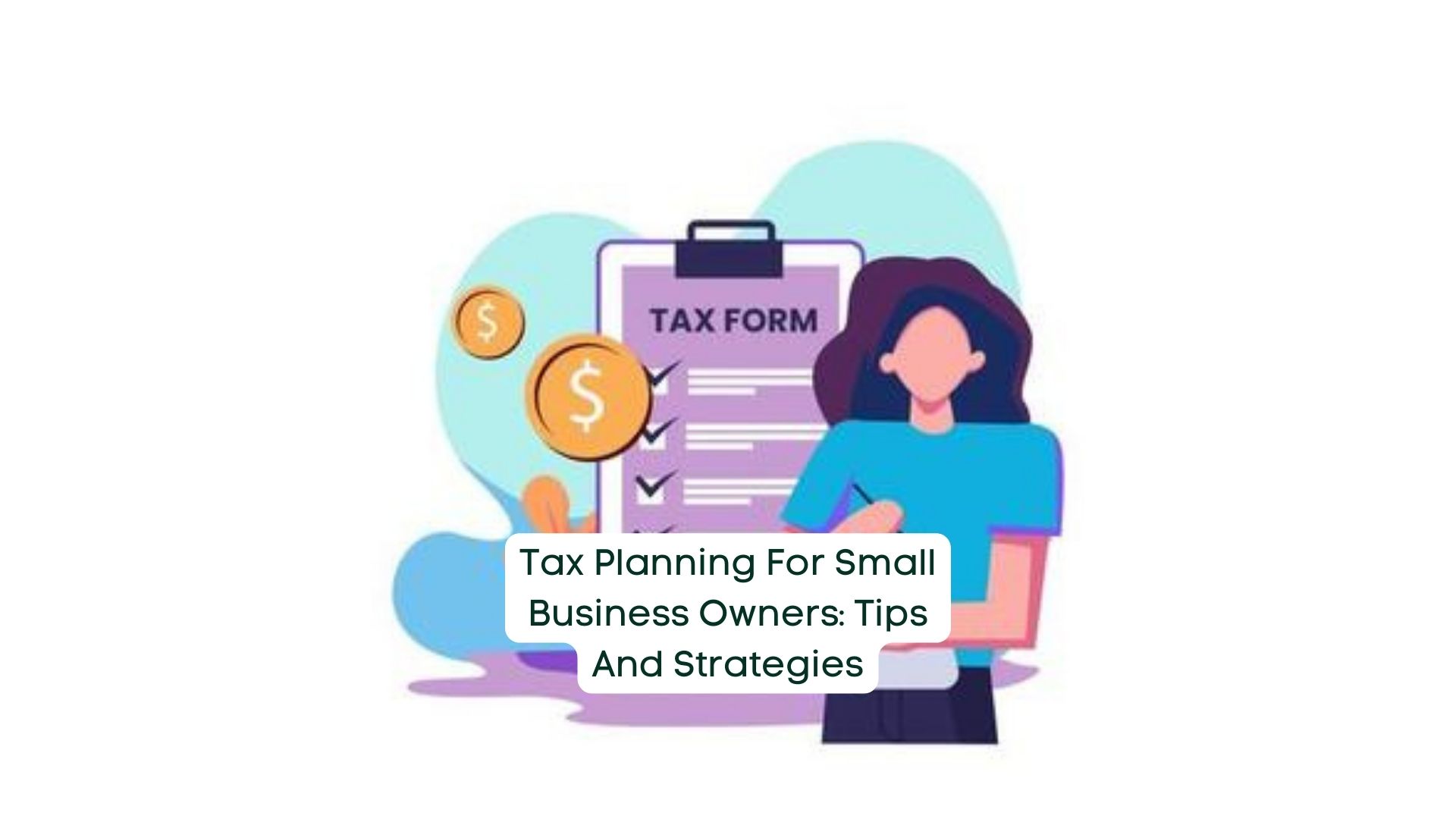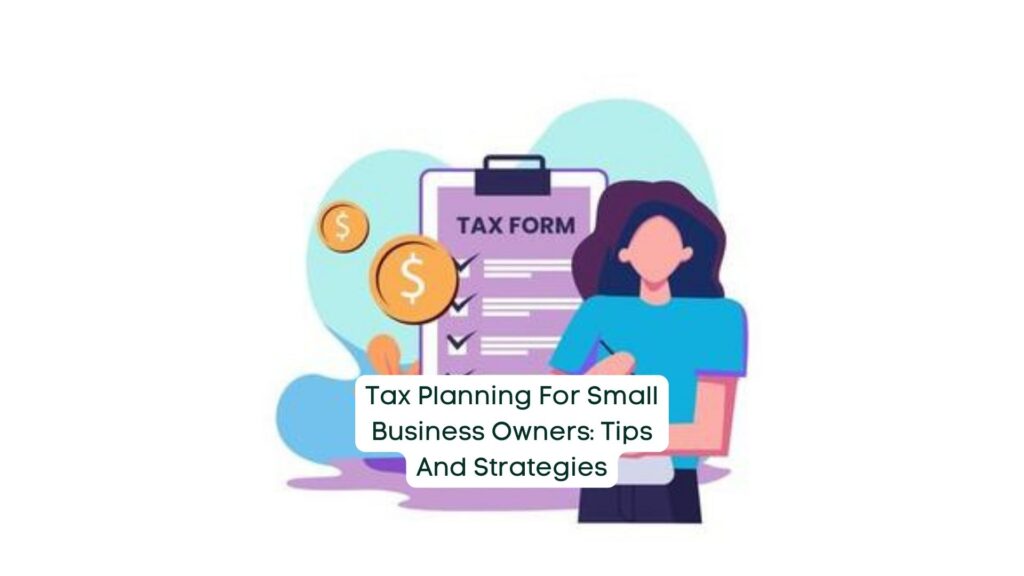
24 Feb Tax Planning for Small Business Owners: Tips and Strategies

The rebate under section 87A was one of the several tax provisions that helped taxpayers decrease their tax liability. This section was inserted to provide relief to individual taxpayers whose gross income did not exceed Rs 5 lakh per financial year. This article highlighted and covered all the aspects related to the rebate provision under the Income Tax Act, 1961.
To provide assistance and reduce the burden on small taxpayers, the Government had introduced a tax system by introducing Section 87A in the Income Tax Act. Section 87A had been introduced in the Income Tax Act by the Finance Act, 2003. According to the Income Tax Act, any Indian citizen who had a taxable income below the exemption limit was entitled to claim a rebate for a certain amount. The rebate could be maintained against a tax liability in respect of normal taxable income, long-term capital benefits under Section 112 of the Income Tax Act (long-term capital gains). This rebate was also available for short-term capital gains on listed equity shares and equity-based schemes under Section 111A of the Act related to mutual funds, where taxes were paid at a lower rate of 15%.
Conditions to claim a tax rebate
- The individual should have been residing in India.
- The gross income after claiming all exemptions and deductions was below Rs. 5 lakh.
Who could not claim?
- Non-resident of India
- The individuals having net taxable income above Rs. 5 lakhs.
- Firm or a company
- Hindu undivided family
- Association of Persons (AOP)/ Body of Individuals (BOI)
Basis to claim a tax amount rebate under Section 87A
Under the existing provisions, any Indian citizen whose income was less than Rs 5,00,000 was eligible for a tax rebate under this section. The amount of the tax rebate could either be 100% of the total tax amount calculated on the total income or Rs 12500, depending on which was less.
Previously the maximum tax rebate had been 2,500 for a person with a total income of less than Rs. 3,50,000. According to the Union’s budget, 2019, the government had continued to increase tax revenue to Rs. 5,00,000 and a minimum tax rebate of up to Rs 12,500 under Section 87A.
Steps for filing a tax rebate under Section 87A
- Calculated total income for the financial year.
- Lessened tax deductions for savings, investing etc.
- Reached total income after deducting tax.
- Filed income tax return announcing total income and tax deductions.
- Applied for a tax rebate under section 87A if gross amount did not exceed Rs 5 lakh.
Form for Section 87-A
To claim an exemption under Section 87A, a person had to put the tax amount in the division of ‘Rebate under Section 87A while completing the income tax return under any form of ITR i.e. ITR 1, ITR2, ITR4, etc.
How did the rebate work?
People often assumed that if their income did not exceed 5 lakh, they did not have to pay any taxes. This was because the average income tax rate of between 2.50 lakhs and 5 lakhs had been 5% and the tax liability of 5% on 2.50 lakhs had been exactly 12,500. However, if income included taxable income at a higher rate of 15% (which was a short-term income benefit) or 20% (other being long-term benefit), they would have had to pay a certain tax even if their income did not reach 5 lakhs.
Rebate for FY 2019-20 (AY 2021)
Income tax deduction under 87A had been alike for FY 2020-21 AY (2021-22) & FY 2019-20 AY (2020-21). In terms of section 87A, if the resident’s taxable income had been up to Rs. 3.5 lakhs then they would have gotten a benefit of Rs. 2500 or the amount of tax depending on which was less.
Important Things to Remember
- Only Indian resident taxpayers could only get a rebate under Section 87A.
- Taxpayers under the age slab of 60 and those between the ages of 60 and 80 could claim.
- The rebate would have applied to the tax liability calculated before health and education leave.
- The rebate had only been available if taxable income reached INR 5 lakhs. If taxable income had exceeded INR 5 lakhs, they would have had to pay tax on all income.
- If tax debt had been below the rebate rate, they would not have been eligible for a refund. In such cases, the rebate would have been equal to the calculated tax liability.
Conclusion:
The Indian residents could have applied for the rebate under Section 87A while filing ITR returns. To benefit from this discount their salary should not have been more than Rs 5 lakhs. A rebate under section 87A had been available in the form of a tax deduction. The rebate under section 87A would have been less than 100% of the income tax liability or Rs. 2,500. In other words, if the tax debt had exceeded Rs. 2,500, the discount would have been available at a rate of Rs. 2,500 and no rebate would have been obtained if the total amount of revenue (i.e. taxable income) had exceeded Rs. 3,50,000.


No Comments